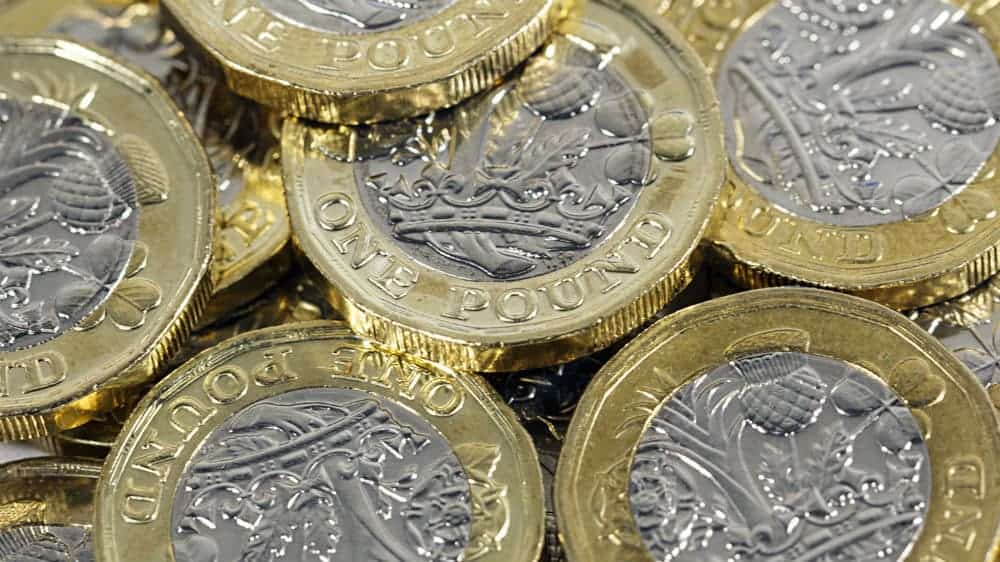This year’s ISA (Individual Savings Account) deadline is almost here. We take a look at exactly when it is and what you can do to make the most of it.
What is the ISA deadline this year?
ISAs don’t run for a calendar year, they follow the tax year instead, which is 6 April to 5 April the following year. That means the ISA deadline this year, is midnight on 5 April 2021.
What is the ISA limit for 2020-2021?
ISA limits are set by the government and change each year. The current ISA allowance for the tax year 2020-2021 is £20,000. The limit will stay at £20,000 for the next tax year too (2021-2022).
Is it too late to open an ISA?
So long as you haven’t missed the ISA deadline for the tax year, you can still open an ISA. So, it’s not too late to make the most of your allowance and you still have a few weeks to work out which ISA option is the best one for you.
[top_pitch]
What are the ISA rules?
There are several different types of ISA:
- Cash ISA (this includes the Help to Buy ISA)
- Stocks and shares ISA
- Innovative finance ISA
- Lifetime ISA
You can have one of each type of ISA in each tax year but your allowance remains fixed. For example, with the current £20,000 allowance, you can choose to put all of it into one ISA or you could spread the £20,000 across different ISAs.
When the next tax year comes along, your ISA allowance resets so you can open up more ISAs (one of each type) up to the value of the allowance.
- To open an ISA, you’ll need to be a UK resident (or a Crown servant or their partner).
- For cash ISAs you have to be 16 or over.
- To open a stocks and shares or innovative ISA, you’ll have to be at least 18.
- Lifetime ISAs are only available if you’re aged between 18 and 40.
- If you’ve got children under 18, they can open a Junior ISA, where the allowance is currently £9,000.
When can I put money into an ISA?
You can put money into your ISA at any point between 6 April and the end of the tax year on midnight 5 April the following year. Allowances don’t roll over, so if you only put £15,000 into an ISA, it doesn’t mean you can carry the remaining allowance of £5,000 to the following year. Basically, it’s ‘use it or lose it’.
Depending on the terms of your ISA, you may be able to take money out of your ISA and replace it without it affecting your allowance – as long as it’s within the same tax year. In other words, if you had £20,000 in your ISA and took £5,000 out, you could put that £5,000 back without any repercussions.
Not all ISAs will let you do this, so if you reach the limit and take some money out, you might not be able to put it back until the new tax year.
Remember that different providers will have their own rules. So it’s a good idea to familiarise yourself with any terms and conditions rather than making assumptions about what you can and can’t do.
[middle_pitch]
What’s the difference between a cash ISA and a stocks and shares ISA?
Cash and stocks and shares ISAs are two of the most common types of ISA available. The one that’s right for you will depend on a number of things, including your attitude to risk and whether you need access to your funds.
A cash ISA is effectively a tax-free savings account. There’s a huge range of cash ISAs and you can open one with as little as £1.
Some ISAs will give you instant, easy access to your funds. Others will need you to commit to a fixed term in which you won’t touch your money. Needless to say, the longer you can lock your money away, the higher the interest rate is likely to be.
A stocks and shares ISA is as it sounds. It’s fundamentally a portfolio (or ‘tax wrapper’) of different types of investment, for example, corporate and government bonds or shares in a company. As with all investments, there’s a higher level of risk compared to more traditional savings accounts, which is something to consider.
Of course, the greater the risk, the greater the potential reward. Typically, stocks and shares ISAs produce better returns (around 4%) compared to cash ISAs (around 1% or less).
If you’re eager to meet this year’s ISA deadline, it’s a good idea to explore all of your options before you take the plunge. To stay up to date with the latest news and advice, why not head to our banking and savings hub.







